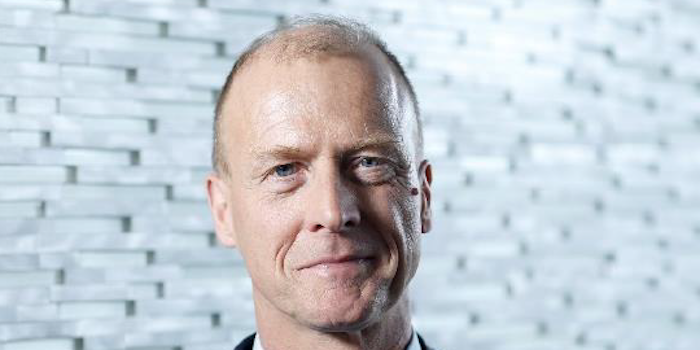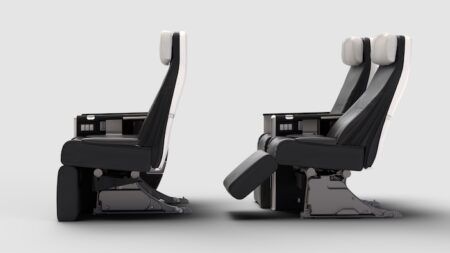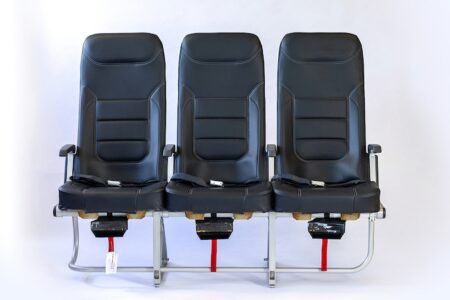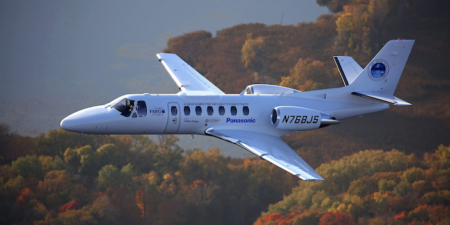Tom Enders, former CEO of Airbus, is joining the board of Lilium, the aviation company developing an all-electric, vertical take-off and landing aircraft (eVTOL) for regional air mobility. Enders’ role will involve making decisions that influence the ongoing growth of the business.
Enders explains why he joined Lilium:
When Lilium CEO Daniel Wiegand asked me a few months ago if I would accept an appointment to Lilium’s board, I didn’t have to think for long. Lilium, unlike hardly any other aviation company in Europe, stands for fresh pioneering spirit, for a bold departure into new territory. This kind of pioneering spirit, innovation and entrepreneurial courage have always fascinated me – and driven me throughout my almost 30-year career in the aerospace industry.
Clearly, the idea of air taxis is not entirely new – it goes back more than 50 years. Demonstrators had already been built back then. But only now are all the conditions in place to turn this long-held vision into a technical and economic reality: battery technology, digitisation, high-performance computers and artificial intelligence, high-precision navigation, and advanced materials and miniaturisation, to name just the most important developments. In short, the time is right for electric air taxis: emissions-free and low-noise flight over distances of several hundred kilometers.
Perhaps the thing that has impressed me most about Lilium was that the company started with a strong business case and focused from the start on inter-city shuttle flights, which allow for higher passenger load factors. I believe that with this focus, Lilium is solving the problem of notoriously low load-factors in on-demand air-taxi businesses of the past. It will also help to get ticket prices down and truly democratise electric flight, following Lilium’s mission.
Furthermore, the young founding engineers had the courage to come up with a technical concept that is tailored for their business model and purposefully different to traditional VTOL solutions. Although it is technically more challenging, Lilium is using electric turbo fans with acoustic liners, which has solved the associated engineering challenges. This is the same propulsion system that propels 95% of all commercial airliners today and it gives Lilium the same advantages: lower noise emissions than open propellers, higher customer acceptance, and a smaller aircraft footprint. This same propulsion system will also allow for larger VTOL aircraft, with more seats, while still being permitted to land in urban areas with minimal noise and space requirements. Low noise and high seat capacity are crucial to getting the market access and economics right.
Probably no other aviation start-up has worked as closely with EASA (the European safety and certification authority) in recent years as Lilium has. This fact, more than anything else, underlines the great seriousness and professionalism with which Lilium has prepared for the development and scale-production of its novel aircraft.
Lastly, Lilium has also been able to attract very respectable partners for its production and flight operations, a dedicated investor base, and an international management team with seniority and aerospace experience that is unrivalled. Some of the best people I’ve met in my career are working at Lilium.
Today, Lilium is on its way from being a visionary start-up to becoming a serious aircraft manufacturer and service provider. This is a rocky and by no means risk-free road.
But how are we going to move aviation forward if not with fresh ideas and courageous young entrepreneurs? The history of aviation is full of so-called experts and doubters who declared that everything that we see flying today would be impossible or impractical.
What I have learned in three decades in the aviation industry, I am happy to bring to Lilium. Our industry needs nothing so much as innovation and new perspectives. That’s the only way we can maintain and renew our licence to fly.
About Tom Enders:
Following an early career in the German Ministry of Defence as well as serving with the German Airborne troops as a Major in the Army Reserve, Enders’ passion for aviation led to his longstanding role at Airbus. A seasoned helicopter pilot and keen skydiver, his impressive tenure in the aerospace industry includes almost two decades serving in senior positions at Airbus, including his role as chief executive from 2007 to 2019.
Dr Thomas (“Tom”) Enders was appointed CEO of Airbus SE in June 2012, having been CEO of the Airbus Commercial Aircraft Division since 2007. Before that he served as co-CEO of EADS between 2005 and 2007. He was head of the Group’s defence division from 2000 to 2005 and was a member of the Executive Committee of Airbus S.E. since its creation in 2000.
Prior to joining the aerospace industry in 1991, Enders worked, inter alia, as a member of the “Planungsstab” of the German Ministry of Defence and in various foreign policy think tanks. He studied Economics, Political Science and History at the University of Bonn and at the University of California in Los Angeles.
In 2014, Enders joined the Advisory Council of the Munich Security Conference as well as the Senate of the Max-Planck-Gesellschaft. He is patron of the German Mayday Foundation which supports airmen, women and their families in times of need.
Tom Enders became a member of the BDI Board (German Industry Association) in 2009, the Advisory Council of HSBC Trinkaus in 2012 and the Supervisory Board of Linde AG in 2017 (which merged into Linde plc in 2018).





